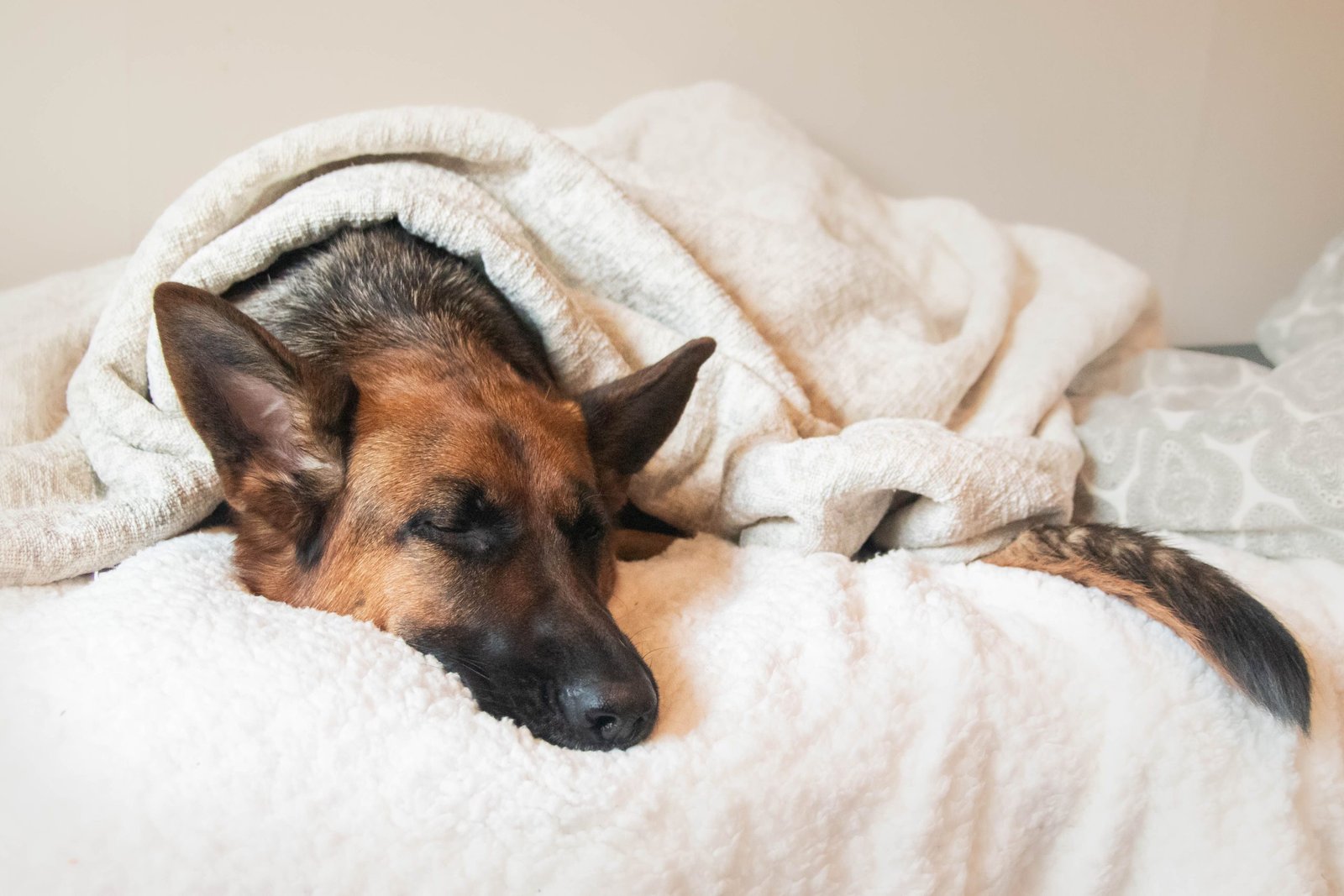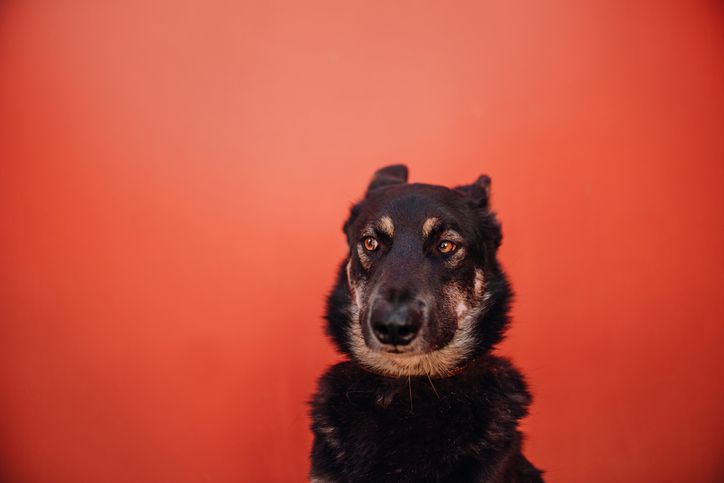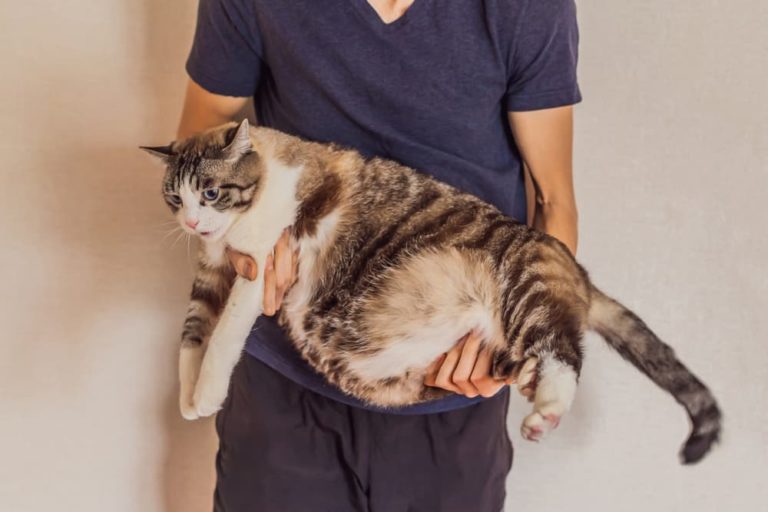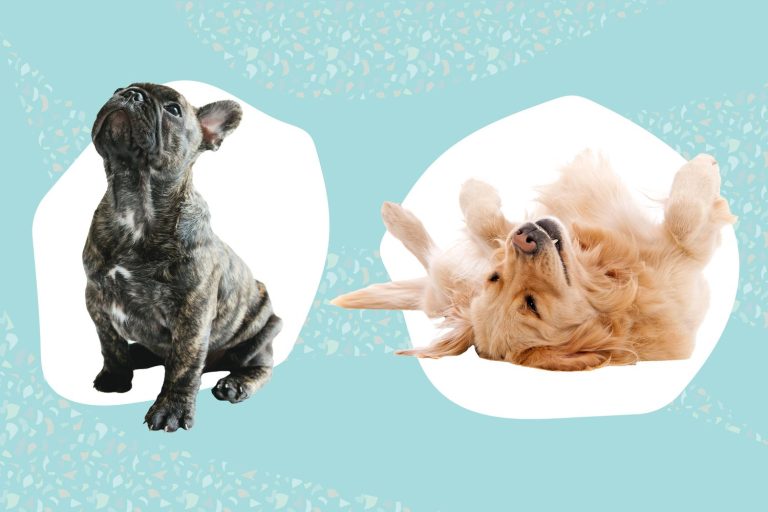
Dogs sleep often due to their instincts and physiological needs for rest and recovery. Like humans, dogs require sleep to recharge and maintain their health and well-being.
The amount of sleep they need varies depending on age, size, breed, and activity level. Puppies and young dogs tend to have more energy and require more sleep, while older dogs may sleep more to compensate for reduced physical activity.
It’s important to note that excessive sleepiness or changes in sleep patterns might indicate underlying health issues, so consulting with a veterinarian is recommended if you notice significant changes in your dog‘s sleep habits. Caring for your dog’s sleep needs will contribute to their happiness and vitality.

Why Do Dogs Sleep So Much?
Dogs have a reputation for being champion sleepers, often spending most of their days sleeping away. As pet owners, we might wonder why our furry friends seem to sleep so much. In this article, we will explore the reasons behind a dog‘s sleep habits, the factors that affect their sleep, and the potential health issues that may cause excessive sleep in dogs.
The Sleep Habits Of Dogs
Dogs are natural sleepers, and their sleep habits are generally influenced by their evolutionary instincts. While wild dogs may need to stay alert for hunting or guarding territories, pet dogs have different lifestyles and sleep patterns.
- Dogs are crepuscular creatures, meaning they are most active during dawn and dusk. This behaviour is a result of their ancestors’ hunting patterns.
- Depending on their age and breed, dogs typically sleep between 12 and 14 hours a day. Puppies and older dogs tend to require more sleep than adult dogs.
- Dogs have a flexible sleep schedule and can adjust it based on their environment and routine. They often nap intermittently throughout the day and may sleep deeply during the night.
Factors That Affect A Dog’s Sleep
Several factors can influence a dog’s sleep patterns and duration, including:
- Physical Activity: Dogs that engage in regular physical exercise and mental stimulation are more likely to have restful sleep and require less sleep overall.
- Diet: A balanced and nutritious diet can improve dogs’ sleep quality. Proper nutrition supports their overall well-being, including sleep patterns.
- Environment: A comfortable and quiet sleeping area can help promote sound sleep for dogs. Providing a cosy bed or crate can create a favourable sleep environment.
- Stress and Anxiety: Dogs experiencing stress or anxiety may struggle with sleep disturbances. Identifying and addressing the underlying causes can help improve their sleep habits.
Health Issues That May Cause Excessive Sleep In Dogs
While dogs are known for their love of sleep, excessive sleepiness or prolonged periods of sleep could be a sign of an underlying health issue.
| Health Issue | Possible Symptoms |
|---|---|
| Infection or Illness | Lethargy, loss of appetite, fever |
| Pain or Discomfort | Reluctance to move, whimpering, changes in posture |
| Hormonal Imbalances | Weight gain, changes in appetite, fatigue |
If you notice excessive or abnormal sleep patterns in your dog, it is essential to consult with a veterinarian to rule out any potential health concerns.


Frequently Asked Questions On Why Does My Dog Sleep So Much?
Why Is My Dog Sleeping So Much?
Dogs sleep to recharge their energy levels and promote growth and repair. Puppies and elderly dogs sleep even more. However, if your dog’s sleep patterns suddenly change or they exhibit other unusual symptoms, it could indicate a health issue that requires veterinary attention.
How Many Hours Of Sleep Is Normal For A Dog?
On average, dogs sleep for about 12 to 14 hours a day. Puppies and elderly dogs may sleep even more, up to 18 hours daily. Remember that each dog is unique; factors such as breed, size, age, and activity level can influence the amount of sleep they need.
Is Excessive Sleep In Dogs A Cause For Concern?
While dogs naturally sleep a lot, excessive sleep could indicate an underlying health problem. If your dog sleeps significantly more than usual, seems lazy or disinterested, or displays other abnormal behaviour, consult your veterinarian to rule out any potential health issues.
How Can I Help My Dog Get Better Quality Sleep?
To ensure your dog gets good quality sleep, create a comfortable environment by providing a clean and cosy bed. Establish a consistent bedtime routine and ensure your dog gets enough exercise daily. Avoid feeding them too close to bedtime and provide mental stimulation during waking hours and through interactive toys or puzzles.
Conclusion
To sum it up, the amount of sleep dogs require is influenced by various factors such as age, health, and breed. It is usual for dogs to sleep for extended periods as they need rest to rejuvenate their bodies.
However, if you notice any sudden changes in your dog’s sleep patterns or excessive fatigue, it is recommended to consult with a veterinarian to rule out any underlying health issues. A comfortable and safe sleeping environment can ensure your furry friend gets the quality rest they need.




